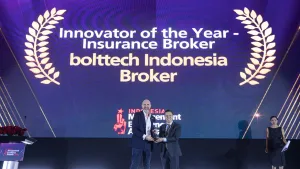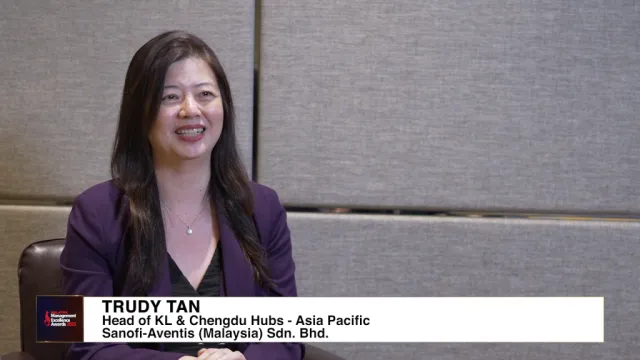
Few Singapore SMEs have cyber insurance
They seek to ward off cyber threats but not through insurance.
Fewer than four of 10 small and medium enterprises in Singapore have cyber insurance, with many of them turned off by the added cost, according to a survey by QBE Insurance (Singapore) Pte. Ltd. released in February.
Of the 68% of SMEs that don’t have cyber insurance, 51% would consider buying it, whilst 15% would not consider it mainly due to the expense, or the fact that their business does not store data, or they perceive the impact of cyber events on their business as being too low.
“SMEs are actively seeking solutions to meet cyber threats across a wide range of measures,” QBE said in the report posted on its website. “However, these don’t include insurance, where the proportion of businesses covered has dropped from 38% to 36%.”
Only four of 10 SMEs said they were fully informed of cyber threats, down from 47% a year ago. On the other hand, the proportion of businesses that experienced more cyber incidents rose to 27% from 25%, QBE said.
The survey showed that almost a quarter of SMEs experienced being hacked. Fewer than a quarter of the SMEs had insurance coverage for business interruption losses, even if 74% were concerned about it.
“Traditional insurance models must continue to adapt to the complexity of these modern cyber threats,” Raymond Ong, CEO at Etiqa Insurance Pte. Ltd., told Insurance Asia in an emailed reply to questions.

“This includes adopting a more comprehensive and proactive approach to cyber risk, providing not just direct financial losses from cyber incidents but also ensuring SMEs are equipped with the right tools and resources to mitigate risks before they escalate,” he added.
Meanwhile, QBE found that whilst workplace safety and health awareness remains high amongst SMEs, there had been a slight decline. It said 78% communicated workplace safety and health benefits to employees compared with 81% a year earlier.
Ong noted that Singapore companies must get work injury insurance to cover manual laborers and non-manual employees who earn $1,939 (S$2,600) or less a month. “Noncompliance can lead to substantial fines and operational disruptions.”
He said the 50% corporate income tax rebate introduced last month could spur SMEs to buy adequate insurance coverage.
“This additional financial cushion opens the possibility to allocate the rebate towards essential risk management tools, such as business interruption, property and liability insurance,” he added.
Ong expects increased digitalisation and data-driven processes among insurers. “This means insurance products and services will need to be increasingly accessible and manageable through digital platforms,”
Cyber insurance is likely to grow as the global average cost of a data breach, which rose 10% to $4.9m last year based on an IBM report, continues to increase as well.
“The rise of the gig economy will also reshape the insurance landscape, demanding flexible and adaptable coverage solutions that cater to the evolving workforce,” Ong said.



















 Advertise
Advertise










